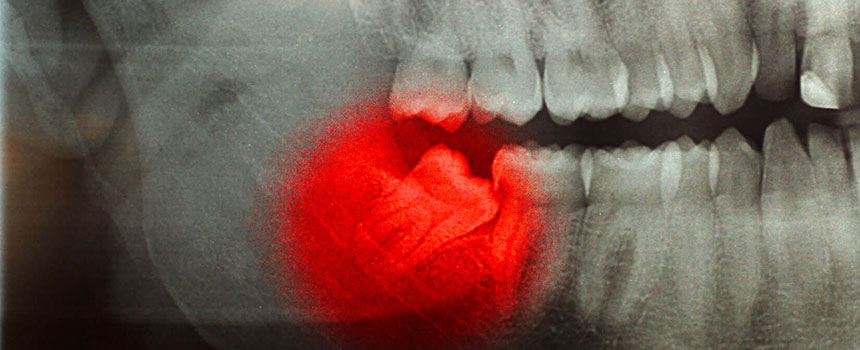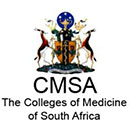
Wisdom teeth removal/Dentoalveolar Surgery
Dentoalveolar surgery refers to surgical procedures that involve the removal of teeth and/or associated intra-oral pathology. Teeth may need to be removed for a variety of reasons. This includes impacted teeth (teeth that will not erupt naturally), forming part of orthodontic treatment, due to extensive decay, the presence of cysts/tumours or trauma related injuries.
Wisdom tooth removal is the most common type of dentoalveolar surgery performed.
Removal of impacted teeth
Impacted teeth do not have enough space to erupt into the mouth. The most common teeth to be impacted are the third molar teeth (wisdom teeth) and canine teeth (eye teeth). The reasons for removal include pain, infection, decay of adjacent teeth and the prevention of developing future problems (prophylactic removal).
Surgery for orthodontic treatment
Creating space by performing the extraction of teeth other than wisdom teeth may be necessary for orthodontic treatment.
The presence of overlying bone and soft tissue that hinders a tooth’s natural eruption may be removed to allow an orthodontic appliance to be comfortably attached to the surface of the tooth, aiding eruption into the oral cavity.









